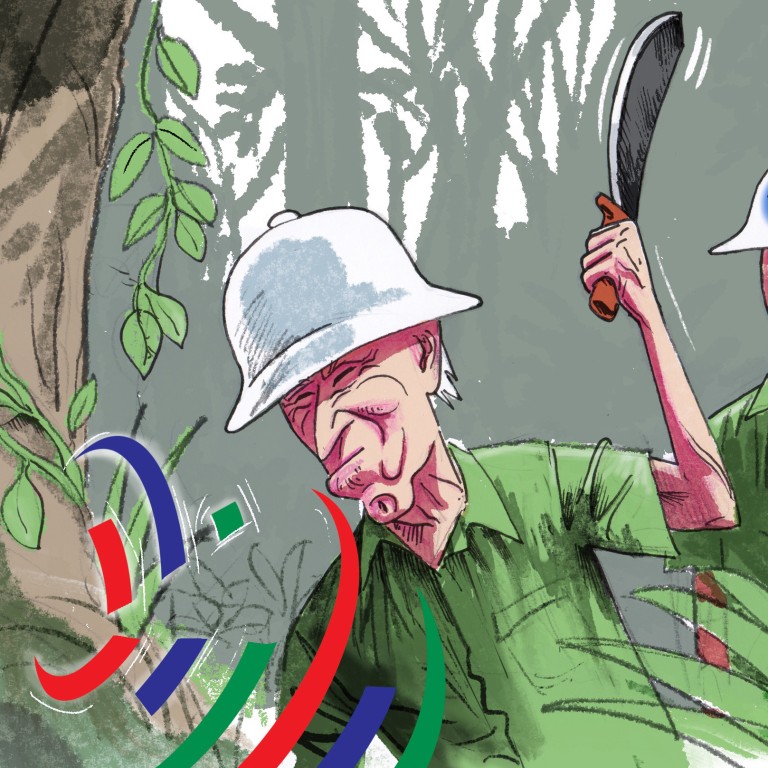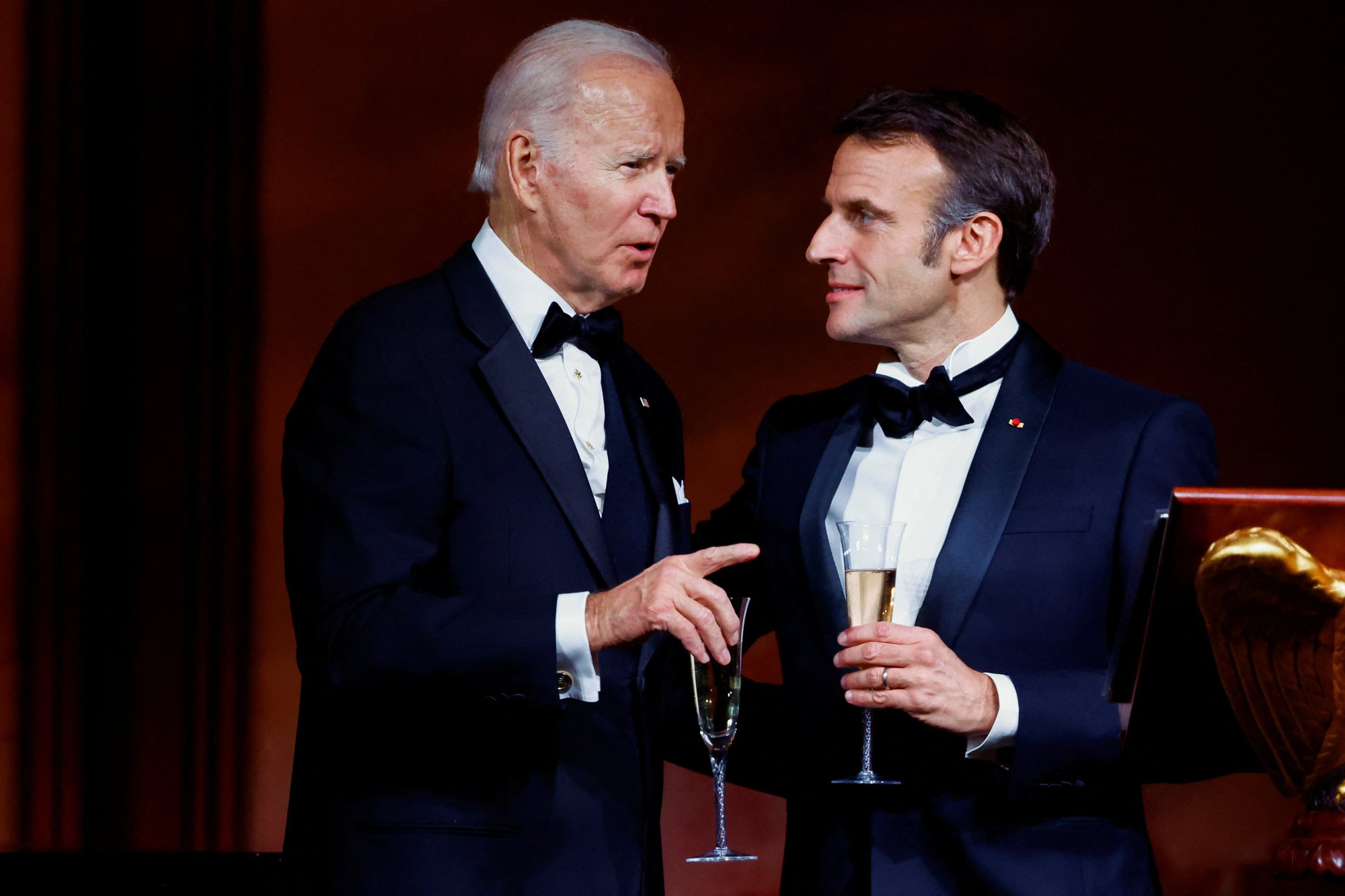
EU must not join the US in ripping heart out of global trade system
- The US move to form what would be a ‘critical minerals buyers’ club’ goes against the WTO principle of non-discrimination
- As an advocate and beneficiary of free trade, the EU has a huge stake in preserving the multilateral trading system
The White House is also reportedly prepared to explore the possibility with Japan and the United Kingdom.
The act provides that for electric vehicles to be eligible for the full tax credit, a portion of the minerals for making the batteries that power them must come from countries that have free-trade agreements with the US. Concluding narrowly focused trade pacts on critical minerals would, the White House hopes, qualify firms from these countries for the subsidies under the plan.
The other issue that the Biden administration wants to solve with the proposal is to create a “critical minerals buyers’ club” with allies that revolves around the US.
The proposal looks like a good deal for Washington, but the same thing can hardly be said for the multilateral trading system and the EU. WTO members are free to conclude trade pacts. However, for these pacts to qualify as free-trade agreements, strict conditions have to be met.
According to Article XXIV of the General Agreement on Tariffs and Trade, an annex to the WTO Agreements, “a free-trade area shall be understood to mean a group of two or more customs territories in which the duties and other restrictive regulations of commerce (except, where necessary, those permitted under Articles XI, XII, XIII, XIV, XV and XX) are eliminated on substantially all the trade between the constituent territories in products originating in such territories”.
Biden’s move violates the cardinal WTO principle of non-discrimination. The principle obliges its members to treat each other equally. Whatever a WTO member offers to one or more members, favourable or otherwise, it should do for all other members.
A member should not discriminate between its trading partners. In the absence of a free-trade agreement, making its subsidies available only to firms from the countries that have a free-trade agreement with the US discriminates against other members.
This could set in motion a process of dismantling the multilateral trading system by spurring other members to follow it. Smaller trade deals could soon mushroom and dominate the international trade scene. Such a trend could lead to the breakdown of the multilateral trading system.
World Bank and bodies like it need reform, but still play critical role
Moreover, giving favours to some members but not others is the surest way to create resentment among the members discriminated against. In turn, this would create division among members and lead to the fracturing of the organisation.
By bringing the EU on board, the Biden administration is making it an accomplice in dismantling the WTO. Will the EU go along with Washington’s aspirations?
The fact that the EU will benefit from the US proposal will not change the nature of the legislation. Protectionist trade policy will be so regardless of the EU’s participation. There will surely be questions around the interests of the other 160 or so WTO members who are excluded from the proposal.

More importantly, the EU has a huge stake in preserving the multilateral trading system. It has benefited enormously from the WTO. Its sustained prosperity hinges on a robust multilateral trading system that provides a stable and predictable environment. Joining the White House’s pact would be akin to crippling the EU itself and dimming its future economic prospects.
All this indicates that the White House is determined to take the world back to the rule of the jungle despite its professed commitment to the WTO. The question is whether the EU – as well as other US allies – understand on which side their bread is buttered.
Zhou Xiaoming is a senior fellow at the Centre for China and Globalisation in Beijing and a former deputy representative of China’s Permanent Mission to the United Nations Office in Geneva


